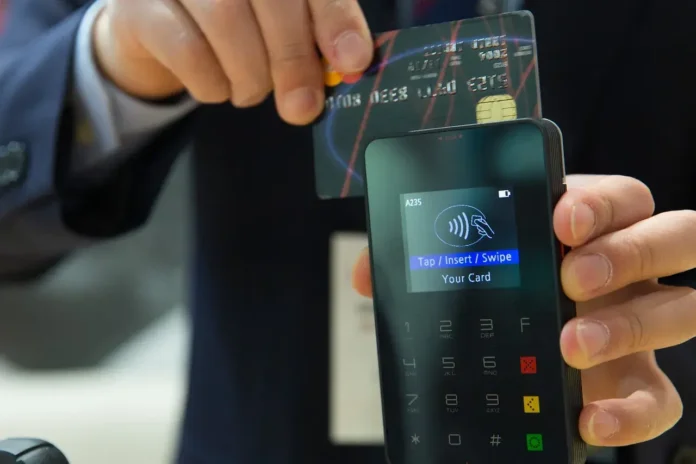Navigating Digital Wallets: Google Wallet vs. Google Pay
Now, with the fast-moving digital economy, managing your finances has become seamlessly integrated into our daily routines with platforms such as Google Wallet and Google Pay. However, each of these sounds similar but offers very different functionalities, cateringto slightly different needs of the users. So, let’s go deeper into what exactly makes them different.
Understanding Google Wallet
Google Wallet is a virtual wallet. It securely stores all your payment information for faster online and in-store checkouts. Google Wallet allows:
- Send/Receive Money: Send money with just a touch to your friends/family using their email/number.
- Gmail Integration: Gmail integration ensures that sending money by email is pretty smooth.
- Security Features: Payment information is encrypted, so therefore transactions are safe. It has wide-range compatibility, specifically designed to fit the widest number of users by both Android and iOS.
However, Google Wallet does have its limitations:
- Limited Availability: Not all regions or countries support Google Wallet.
- Fewer Features: Compared to its counterpart, Google Wallet offers a more basic suite of functionalities.
Exploring Google Pay
On the other hand, Google Pay is trendy because, not so long ago, it developed a solution with Google, having a host of feature sets including:
- Manage your credit and debit cards, loyalty cards, and tickets-all in one place, one stop.
- Integrations with Google Services: It integrates well with tools such as Google Maps for easy payment of services like rides or movie tickets. Special offers and rewards are available with which once again it becomes an added reason for opting for money-saving alternatives.
- Improved Security: Google Pay claims to have introduced advanced security features, including fingerprint authentication and tokenization.
However, Google Pay also has a couple of disadvantages:
- Limited Usability: Probably not all banks and merchants can support it.
- Learning Curve: With so many features, it takes some getting used to in terms of its functionality.
Key Differences
At the core, the differences between Google Wallet and Google Pay revolve around their feature sets, compatibility, and user experiences. Google Wallet is primarily focused on peer-to-peer payments and basic online transactions, whereas Google Pay expands on this by incorporating integrations with a broader range of services and rewards programs.
Use Cases and Practical Scenarios
Both platforms cater to several practical applications. Examples include:
- Everyday Transactions: Whether buying groceries or dining out, both platforms facilitate secure payments.
- Peer-to-Peer Payments: Quickly send money to friends for outings or bill splits.
- Business Transactions: Business owners can utilize either platform to streamline payment processes with customers.
Making the Choice
Choosing between Google Wallet and Google Pay involves considering personal preferences, required features, and each platform’s compatibility with your devices and services. Reviewing user testimonials can also provide valuable insights into the advantages and experiences associated with each option.
Future Outlook
As the digital payment landscape evolves, we anticipate further advancements in both Google Wallet and Google Pay. This may lead to new functionalities, improved security protocols, and enhanced compatibility with emerging technologies.
Conclusion
In the end, both Google Wallet and Google Pay will keep your financial dealings convenient and safe in these digital times. Knowing their differences and finding out what will be in your best interest to go with will make you choose one over the other. This wallet makes sure that everything, from sending money to paying for groceries to booking a travel plan, falls under the discretion of an individual in an easy and effective way.

